Overview
Michael was born to a hyper-abusive, drug-addicted mother who cut his finger off at four years old…lived with what he calls “a step-father you pray you never have,” and was frequently houseless and living in poverty. A member of the Mormon Church, he was also molested by a fellow parishioner. At the age of 13, he ended up in the custody of a racist grandmother who pushed him into an identity crisis — and quickly turned to drugs and alcohol to survive continuing abuse. “Between the guns, drugs, crime, and poverty…I was facing life as just another statistic,” he shares. Despite being diagnosed with multiple learning disabilities and not graduating high school on time, he found success in corporate America in his early 20s. But the success only made things worse: Michael found himself “morbidly obese,” high and drunk daily, experiencing debilitating panic attacks, rage, and even attempting suicide. And then, he had his Mirror Moment: he found his inner power and chose to do whatever it took to work through his childhood trauma. He says that this is when his life really began. Michael is now the author of the best-selling book Think Unbroken and is a coach, mentor, and educator for adult survivors of child abuse. He spends his time helping other survivors get out of "The Vortex" to become the hero of their own story and take their lives back. Michael hosts the Think Unbroken podcast, teaches at Think Unbroken Academy, and is on a mission to create positive change in the world.
Key Links
Key links mentioned in this episode:
Takeaway
Tune in as Michael shares:
that he first got high at 12 years old
that at 15, he was kicked out of school and put into a “last chance” education program
that his family and friends — and he himself — had been to prison and arrested
his rock bottom moment: putting a gun in his mouth — and not pulling the trigger
how his Mirror Moment took shape: that he realized he was living the stories that others had told him about himself, and moved out of his breakdown
why he got serious about therapy and healing his trauma — both personal and generational
how he got into self-development and writing
that as he sees it, there are two kinds of people: those who are kind to themselves, and those who aren’t
how to shift the pendulum from thought and action into self-actualization
that the idea of healing all starts with action — and making the choice to lead a more fruitful life
why he doesn’t believe that compassion and forgiveness are mutually exclusive — and why he believes forgiveness needs to be earned
why it’s important for him to lead with what he can actually control in his life each day
what “self-care” looks like for him
that he lives with an autoimmune condition (postural orthostatic tachycardia syndrome, or POTS), and has to be mindful of it as he moves through the day
that he has also experienced SIBO (small intestinal bacterial overgrowth), which at one stage contributed to intense brain fog
how physical and mental health are intertwined, and how he counteracts inflammation and stress in his body to be his best
how he’s found freedom in releasing himself from what others think of him
what authenticity means to him
that you are not responsible for the things that happened to you — but you have to acknowledge that they happened
the importance of community, connection, and commitment


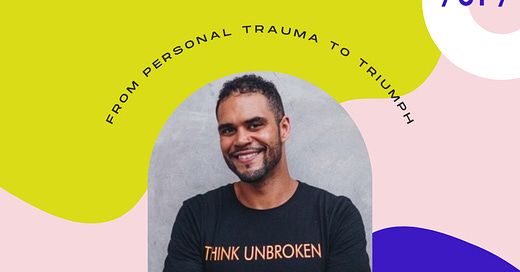
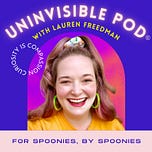





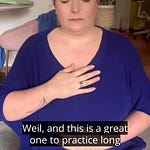

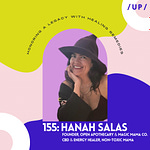
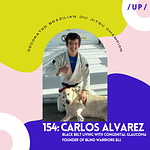
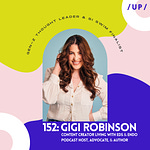
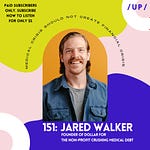
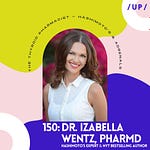
Share this post